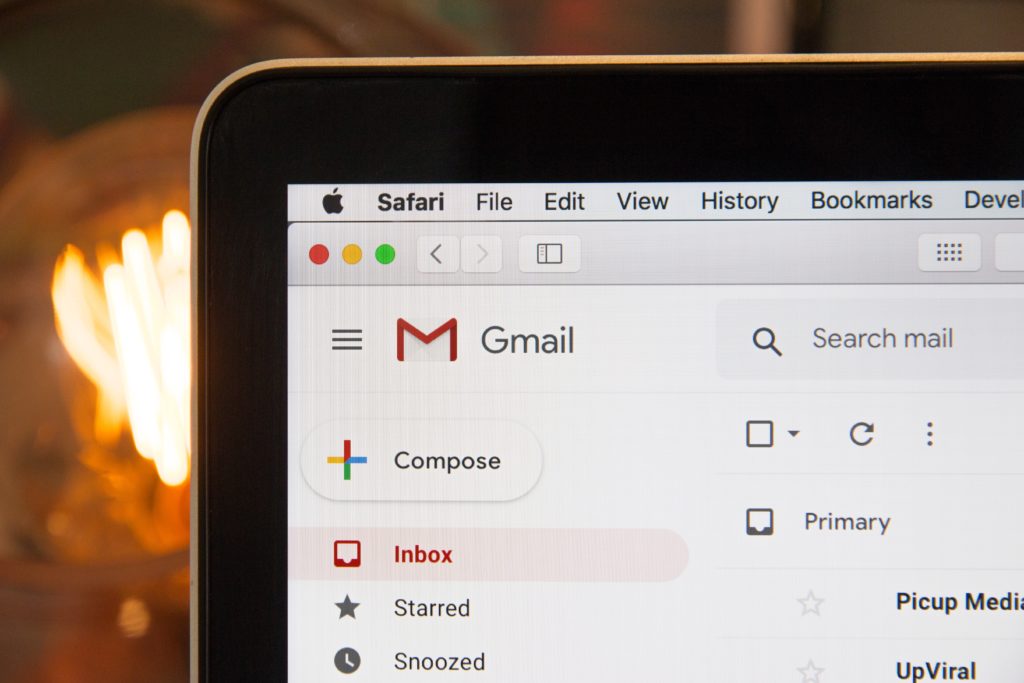Solid working relationships are needed in every aspect of doing business. Whether you are a freelancer looking for new gigs or an employer looking for a reliable recommendation for a remote helping hand, you are going to need to understand how to mend and build online business relationships in order to grow.
In this article, we will take a peek at how you can build strong, positive, lasting online business relationships. We’ll see why it’s beneficial to both parties to have good working relationships, and we’ll look at how to strengthen your relationships with online freelancers that you don’t naturally connect with.
How to Build Lasting Online Working Relationships
Without further ado, here are 12 of my best tips (from my six years of online working experience) for strengthening your online business relationship:.
1. Make time for your remote freelancer
It is next-to-impossible to build a rapport with someone who has no time for you. And trust me, it is clear when an employer has no time to give.
If you are constantly too busy and the scheduled meeting with your freelancer is constantly the first thing to be rescheduled, you will struggle to build a lasting online business relationship. Free up some time, move at a pace that is appropriate for both parties, make sure everyone is on the same page, and do an adequate job of guiding your remote worker toward the results you desire.
2. Hear your online employee
In online business or face-to-face, there is nothing more frustrating than an employer who does not hear his employees. Don’t be that guy.
Listen to what your employees have to say — especially if they are a freelancing hand. Usually, freelancers are hired for specific projects in a given field of expertise so they know their shit. Listen to what they have to say, trust them, and learn from them.

You’ll have your say, but you must also listen to what your employees have to say. Who knows what ideas they have hidden up their sleeves.
3. Respect his/her time
Nothing bothers me more than a working relationship in which my time isn’t respected. Sure, as an employer, you write the paycheck and call the shots, but that does not mean you should treat the freelancer’s time as worthless.
If you schedule a meeting, be sure to be on time. Not only that but come to the meeting (even if it’s over the phone or through Skype) PREPARED and with a plan of action! If you give your employee a timeline, follow the timeline and don’t talk longer than you said you would. If the freelance help needs to stick to a schedule because of projects with other clients, try your best to make the schedule work.
Don’t assume you are the only client the freelancer has. Chances are, if you’ve found a freelancer who provides quality work, he/she probably has other clients on the schedule, too.
Be respectful of a person’s time no matter if they are working for you or not!
4. Be clear and concise
This is easy as long as you have a plan and structure. Be organized and your directions and desires will reflect that. Phone calls are good, documents/ emails which outline the phone calls are better for a reference.
Give your employee as much information as he/she needs in order to get the job done with quality, but be careful to do it in an orderly manner. The more organized you are, the more it will reflect in your freelance hand’s help. Give as much as you want to get and be clear and concise!
5. Let the relationship build
This is, perhaps, the most important tip I have to give. Let your working relationship with your freelance hand evolve. This means — learn to trust. Give your freelancer the benefit of a doubt once he/she has earned it.
Let your employees have a say in the work they create once they understand the direction of the project. Let them have a voice in their work and you will see how great it can evolve.
You will also feel more comfortable working through revisions if you have a well-developed relationship that you have allowed to grow (but there will probably be fewer revisions if you are on the same page).

6. Get to know your online employee
I’ve worked with both kinds of employers; the ones you know too much about and the ones you hardly know what to call them. I have employers who get on the phone and talk about loads of things unrelated to the work and also the opposite who don’t have a second to spare on any chit-chat other than directions.
I can’t say I prefer one over the other. Most of the time, I prefer the in-between employers who seem to respect you as an acquaintance and are free to open up the conversation with chit-chat but who stay in-line when it’s time to discuss the project.
Find a balance, stick to the balance, make your employees feel comfortable speaking to you and get to know them just enough.
7. Develop a routine
The quicker you develop a routine with your freelance collaborator, the less time you will spend in the long-run. Get on a schedule of some sort — whether it is a loose schedule or more strictly watched depends on what kind of relationship you are working on — but make it routine, nonetheless.
Whether it is meeting via Skype or a phone call at the same time every month, checking progress every week via Email, or submitting revision requests within a given time period on every project, these little habits will make the working relationship all-the-more organized and professional and set the tone for the future of the relationship.
8. Be open about company strategy
Even if a majority of your employees work in the office, don’t leave your remote employees in the dark. They should feel just as much a part of the team as anybody else.
This goes for freelancers, too.
Now, obviously how much you share with a freelancer depends on how likely you envision he will stay involved with the company. For a one-time contractor, perhaps he/ she doesn’t need to know much about company strategy. However, if you envision a retainer-type relationship with the given contractor, perhaps it would benefit both parties if you enlightened him/her on the company’s ‘vision board’.

In my experience, the more I’ve known about the companies/ employers I’ve written for, the better I was able to align the message of my work and the more comfortable I felt writing specific things. I think it’s a good idea to put diligent thought into how much you share with each freelance hand you have on-board.
9. Offer constructive criticism as well as praise
Any experienced freelancer has faced criticism. We hope it is constructive, but the fact of the matter is that sometimes it is just negative. Some employers are like that by nature and it certainly doesn’t help a working relationship.
Some employers make you feel as if your relationship is short-lived from Day 1 and it never develops even if you are still working for them two years later.
Then, there are some wonderful employers who offer up compliments and praise just as often as giving you constructive feedback; the employers every freelancer wants to work for; the employer that makes you feel like your work has value to them.
As an employer, remember that praise can go a long way. It can also give your online employee some peace of mind that they so-often crave.
10. Develop a long-term plan
It is more difficult to work for an employer without a long-term plan. Freelancers are just like anybody else; lay out a long-term vision, and we will be able to live in it. Without a vision, our work feels short-term and confused.
Freelancers need a vision just as anybody else — especially in the realm of creativity.
11. Be prompt on turnaround time
Nothing is worse for a freelancer than a submitted project that lingers in the air for weeks without hearing back from the employer.
For many freelancers, and certainly in my line of work, submitting the work is only half of it. Correcting parts of the work the employer requests is normal. However, if the employer doesn’t make the edits a priority, it makes our work feel less important and even tiresome.
If it has been several weeks since thinking about the project, we might have to spend time going over the project again once edits are returned. Our work is always better if the project is fresh in our minds.
As an employer, be prompt in returning the work with edits-to-be-made if it is necessary. And pay when you say you will!
12. Be human
In today’s online business world, it is easy to hide behind a screen and speak/ write to others in a way that you wouldn’t face-to-face. In some instances, this makes us better. Some of us are able to stay focused on what we want to cover in an email better than in a team meeting. We can convey our message in written words better than spoken.
Online communication gives us time to appropriately assess what we want to do and how we want to do it. But we can also take on a tone that is not our own. Don’t develop a negative or authoritative tone online if you wouldn’t in-person. It’s that simple.

Building better online relationships for business
Congratulations. You’ve read this far which means you are genuinely interested in strengthening and building lasting online working relationships. That attitude will go a long way in your pursuit of meaningful relationships with your freelance help.
By using the simple tips I’ve listed above, you will have accomplished what many of the employers I’ve worked with in the past cannot; doing your part in building the relationship. Whoever you hire for the job will appreciate these simple approaches and will likely show you their appreciation through their work.
Well done, you are well on your way to becoming a perfectly likable freelance employer; someone anyone would like to do business with.